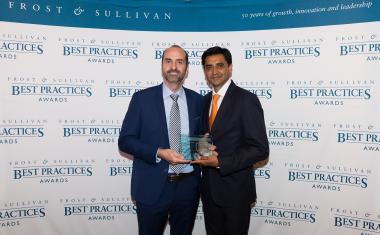ECOSENSOR™ by Asahi Kasei Advance at Performance Days
ECOSENSOR™ by Asahi Kasei Advance presents its SS 2023 collection, made of high-tech fabrics implementing new-generation values, with the aim of keeping nature, body and mind in harmony at Performance Days.
ECOSENSOR™ presents 40 new references that meet the needs of the contemporary consumer, such as durability, wellbeing and performance. Being capable of combining active climate control, exquisite touch, lightness and comfort with sustainable values, ECOSENSOR™ stands out as a unique eco-high-tech performance proposition in its market. The collection covers the different market applications with 7 items for INNERWEAR, 2 for OUTERWEAR, 17 for SPORT KNIT and 14 for SPORT WOVEN.
All of ECOSENSOR™ fabrics are made with sustainable materials which are certified by internatinal certification such as GRS, RCS or self-certification by each yarn supplier, through a traceable and transparent production process and supply chain.
100% of the stretch articles (representing 35% of the collection) are made with ROICA™ EF by Asahi Kasei, the recycled stretch yarn made from pre-consumer materials.
The main fibers are GRS certified recycled polyester and recycled polyamide, but the collection also features some blends, such as in Bemberg™, the high-tech yarn born from the transformation of cotton linters through a circular, transparent and traceable process with a precious hand, optimal moisture management characteristics, whose end of life guarantees its biodegradability.
Even the dyeing and finishing phases - key moments for performancewear - have been certified by international labels such as bluesign® or OEKO-TEX® Standard 100.
Asahi Kasei / C.L.A.S.S.













